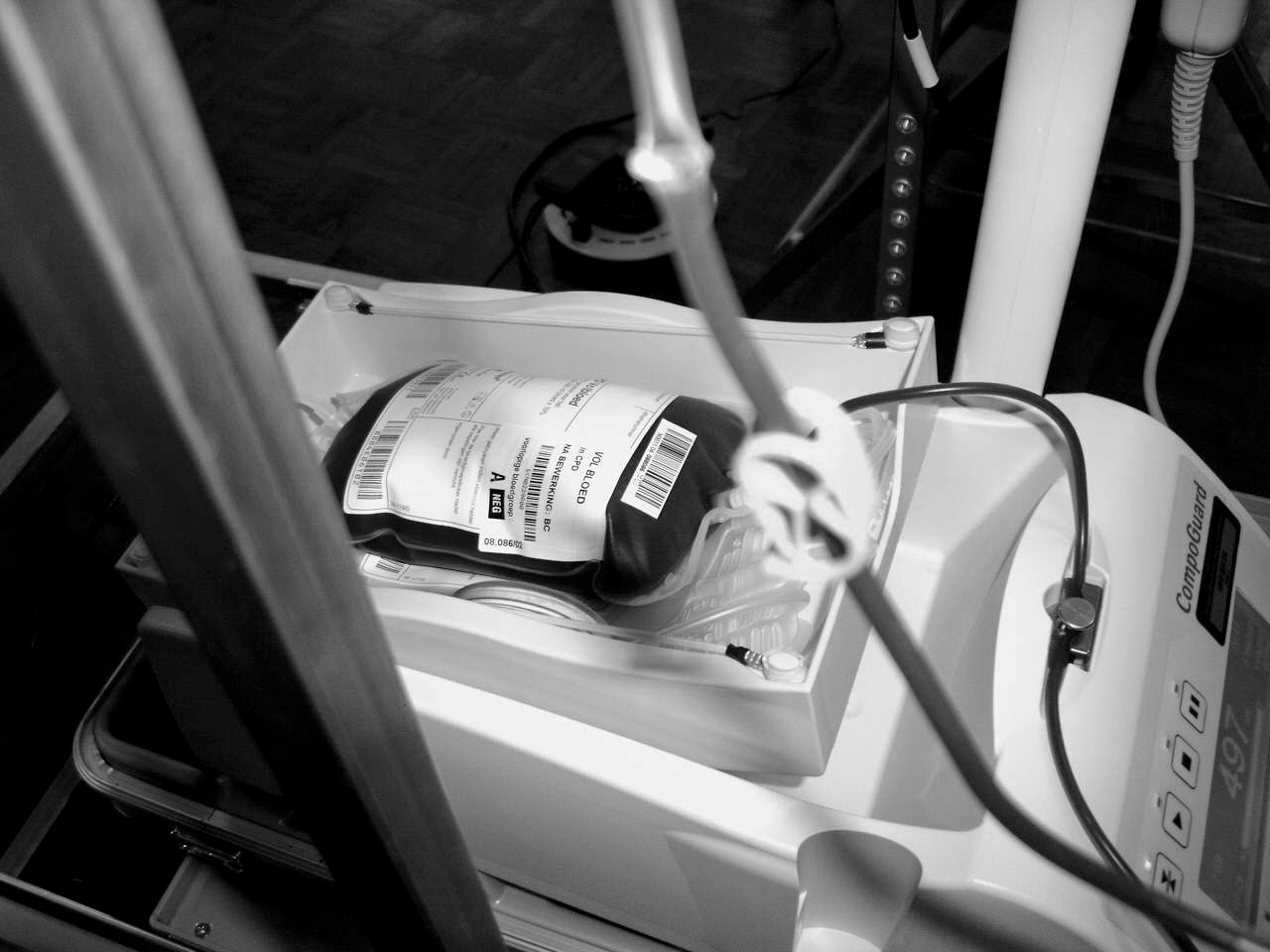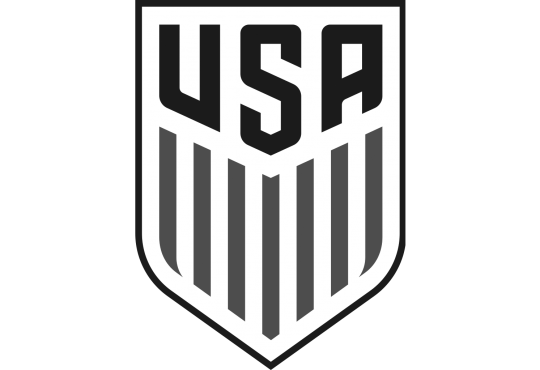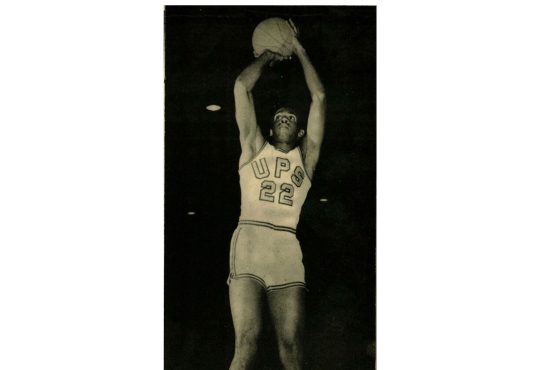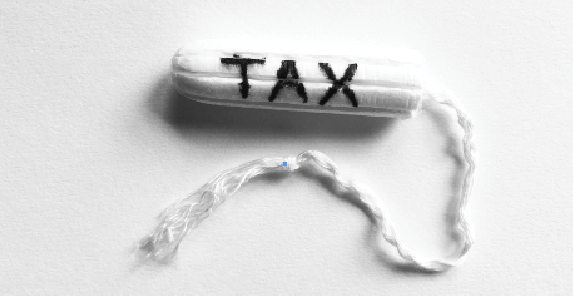
A couple weeks ago, while students returned from the buses parked outside Diversions Café with newly acquired T-shirts touting selfless acts of charity, I couldn’t help but feel a sense of deep resentment.
As a gay man, or a man-who-has-sex-with-men (a.k.a. MSM – a label the FDA finds more all-encompassing), the law prohibits me from donating my blood. A surprising number of Americans are entirely unaware of this statute. In an era when sexual minority groups are gaining rights across the board, with an increasing number of states legalizing gay marriage and the recent repeal of ‘Don’t Ask, Don’t Tell,’ how can such an antiquated policy remain in force?
The simple answer is prejudice and irrational fear.
The United States first took notice of the AIDS epidemic in 1981, when its rapid dissemination through gay communities around the country finally brought the disease to the attention of scientists. Initially, they called the virus gay-related immune deficiency (GRID) but quickly changed its name after realizing that more than half the reported patients were heterosexual men.
While scientists correctly pointed to the ease by which HIV spreads through anal sex and to the fact that gay men have on average a greater number of sexual partners than their hetero counterparts, the lack of condom use in the gay community greatly increased the rate of transmission. Though the spread of HIV is still a threat for many gay men, failure to use or consider a condom has become taboo in gay culture, and safe sex is stressed at every level of our sexual education system.
Regardless of the current facts and figures, the media portrayal and social attitudes towards the HIV virus during the 1980’s has transformed a virus that affects every sexuality, ethnicity and race alike into a ‘gay disease’.
To this day, the 1985 FDA ban on MSM donors remains in place. They cite a lack of concrete evidence in changing sexual practices and the perceived risk of compromising blood banks as sufficient reason to avoid repeal. While it is true that a larger percentage of the gay population lives with HIV, this does not mean that discriminatory practices based on sexual orientation are warranted or necessary.
Blood donations are each tested before being distributed throughout the nation. Participants submit to questioning aimed at ascertaining the risk level of their recent sexual encounters. AIDS has become much easier and cheaper to detect, with free clinics and health centers providing testing to hundreds of patients every day.
The United States prides itself on freedoms, justice and equality; yet gay and bisexual men are repeatedly barred from providing a much-needed service to the population at large. The results of a study conducted at UCLA estimates that lifting the ban would inject 11,000 gallons of donated blood into the national reserves annually. Given that our hospitals experience periodic blood shortages that threaten the lives of American citizens, a new wave of donations could alleviate the pressure on blood banks that often struggle to meet their quotas.
The United Kingdom has responded to public pressure and decided to reform their laws to allow blood donations from gay men who have refrained from sex with other men for a period of 12 months. Spain and Italy have taken a more progressive approach and adjusted their policies to discriminate only against potential male donors who have engaged in unsafe sexual acts, regardless of his partner’s gender.
How does this policy, which bans only men who have sex with men, relate to women who have sex with men? Well, it doesn’t. A female who has engaged in sexual intercourse with an HIV positive male (who may in fact have had man-on-man action in his lifetime) is just as likely to donate her tainted blood to the Red Cross, and yet is not precluded from her act of charity.
Though extreme, the answer might be for those who support gay rights and equality to boycott blood drives. In the last 10 years, University of Vermont, Iowa State, Sonoma State and the City University of New York have all held boycotts in protest of discrimination. If a united force were to stymie the flow of blood to the extent that no other options remained, our country might just reevaluate its prejudicial policies.



